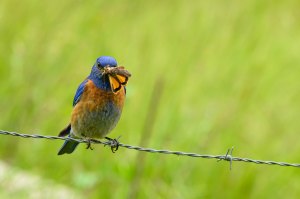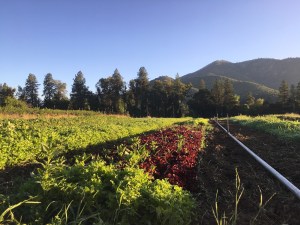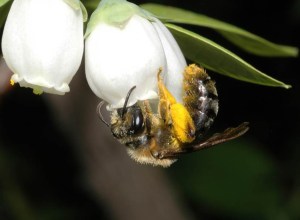Christina Kennedy
All Stories from Christina
-
What is the Best Type of Farm for Birding?
When it comes to agricultural lands, new research shows some are better for birds than others.
Olivia Smith and Christina Kennedy
-
New Research Shows Healthy Agriculture Means Healthier Birds
What can stressed-out birds tell us about conservation and agriculture?
Christopher E. Latimer and Christina Kennedy
-
Wild Pollinators Are Critical in Keeping our Picnic Baskets Full
Bees may seem like uninvited guests at your picnic – but before you shoo them away from the fruit salad, think twice, as they play a critical role in making your picnic possible.
Christina Kennedy


